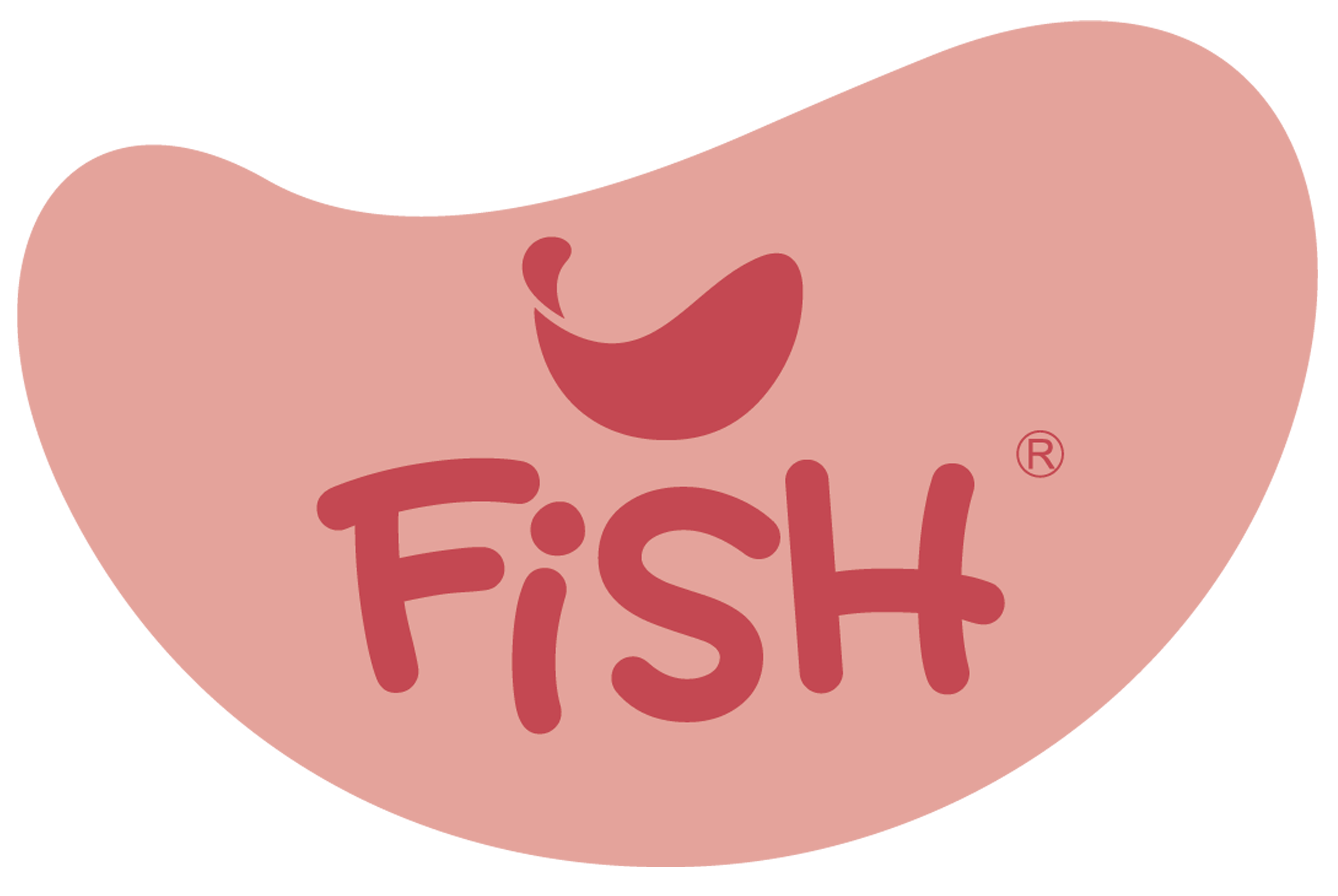




FISH baby bottles are made from high-quality, safe materials that are suitable for infants and young children. Our plastic bottles are made from durable, food-grade polypropylene (PP), while our glass bottles are made from high-quality borosilicate glass – all materials are 100% BPA-free. All parts that come into contact with milk or food, including bottles, nipples, bottle caps, and any airway or straw components, are free of harmful substances such as BPA, BPS, and phthalates. Feel free to breastfeed your baby. The pacifier is made of soft medical-grade silicone, which is also a safe, BPA-free material. All of our materials comply with international food safety standards for infants and young children, and no harmful chemicals leach from our bottles, making them very safe for children to use.


Both types of bottles have their own advantages, and both are safe for infants as they are made from high-quality materials. Glass milk bottles have stable chemical properties and do not contain any chemicals that may leach out—they do not absorb the color or smell of food and can withstand high-temperature sterilization without being affected. Many parents choose glass because it does not contain the chemicals found in plastic. Glass milk bottles do not scratch easily and can maintain their transparency even after prolonged use. However, glass milk bottles are relatively heavy and may break if dropped, so extra care must be taken when using them. (Some glass milk bottles on the market come with silicone protective caps for added stability and protection). Plastic milk bottles (made of PP material) are lightweight and do not break easily, making them more convenient to carry outside the home and more suitable for infants to gradually learn how to hold their bottles themselves. Modern plastics that meet infant use standards, such as the PP material we use, do not contain harmful substances such as BPA and are extremely safe. There is no need to worry about harmful substances leaching out during normal use and heating. The disadvantage of plastic baby bottles is that they may become cloudy or scratched after a period of use and sterilization. Therefore, when you notice cracks or obvious wear on the bottle, we recommend replacing it in a timely manner. In general, glass milk bottles are completely safe and durable, but they are heavier and may break; PP plastic bottles are lightweight and safe (with the guarantee that they do not contain BPA).However, they need to be replaced regularly after prolonged use. You can choose based on your daily habits and personal preferences—both materials are recognized as safe options by parents.
After rigorous testing, you can rest assured. Every batch of FISH milk bottles must undergo strict safety and quality checks. Our products meet or exceed international safety standards for infant and young child feeding products set by various countries, ensuring that the bottles do not contain controlled substances such as lead and BPA. Each bottle is made from food-grade materials and undergoes rigorous inspection to ensure there are no defects. We have very high quality requirements—like other major brands, our testing for baby bottles is stricter than the minimum requirements set by the government. You can trust that FISH bottles have passed all the safety certifications required for sale in global markets, are safe and non-toxic, and can be used with confidence for infants.